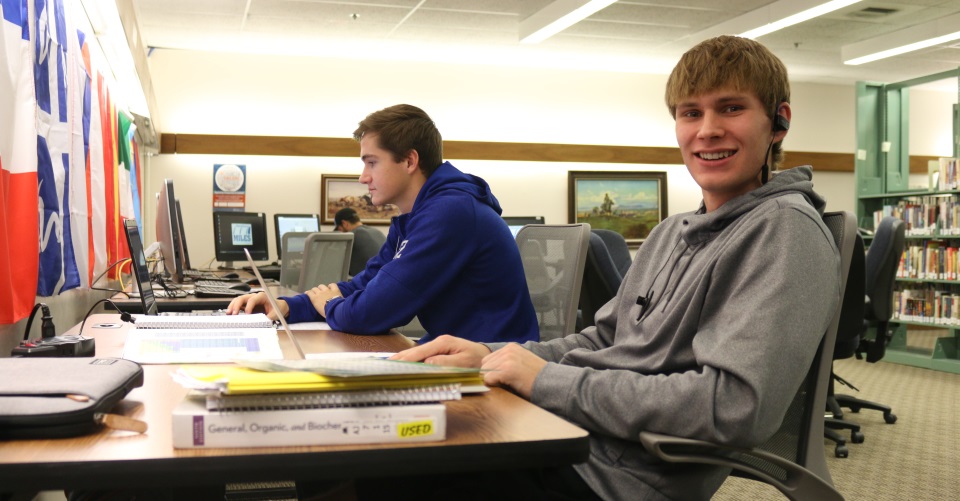Many lending agencies offer private student loans as an alternative to the federal loan programs. However, private student loans should be considered loans of last resort. With limited exceptions, they are more costly then the federal loans and do not provide the same protections to borrowers.
Application for a private student loan is made directly to the lender, typically online. In turn, the lender then requests certification of eligibility from MCC.
Before pursuing a private student loan, students should complete the FAFSA and/or consult staff in the financial aid office to make sure all other options have been exhausted.
To receive a Federal Direct Loan a student must have completed a FAFSA and be enrolled at least half-time (6 credits). Most students will be eligible for a combination of subsidized and unsubsidized loan funds.
To qualify for a subsidized loan a student has to have documented need based on their EFC and Cost of Attendance (COA). Unsubsidized loans are not need-based so are only limited by the COA.
A student's eligibility for either loan can be reduced if they receive additional aid which reduces the documented need or further meets the COA.
Information on the interest and origination fee rates can be accessed at studentaid.ed.gov.
The amount that a student can borrow per year is based on grade level and dependency status.
|
Dependent |
Independent* |
Max Subsidized |
| Freshman/Certificate |
$5500 |
$9500 |
$3500 |
| Sophomore |
$6500 |
$10500 |
$4500 |
*Dependent students whose parents are denied the Federal Direct PLUS Loan can receive the higher loan amounts available to independent students.
If a student has a grade level change during the academic year, they will be eligible to advance to the higher annual loan limit. Students who wish to borrow the additional funds, will need to make the request in writing at the financial aid office.
This is the limit to funding that you can borrow during the duration of your academic career. It is based on dependency status and degree level.
|
Aggregate Limit |
Subsidized Amount |
| Dependent |
$31000 |
$23000 |
| Independent |
$57500 |
$23000 |
Students who first borrow Federal Direct Subsidized Loan funds in 2013-14 or later are held to a limit of time that Direct Subsidized Loans can be received. The maximum eligibility period is 150% of the published program length. Once a student has reached the 150% mark, transferred to a shorter program or will not graduate from the program, the subsidy will no longer be in place. The student then becomes responsible for paying the interest that accrues on the Subsidized Loans.
All students who are first time borrowers of Federal Direct Student Loans must complete a Federal Direct Master Promissory Note (MPN) and Entrance Counseling.
The MPN is the legally binding agreement to repay the loan. The MPN can be completed at studentloans.gov. Students need to log in using their FSA ID.
Entrance Counseling teaches students about their rights and responsibilities as a student borrower. Counseling is completed online at studentloans.gov and will typically take about 30 minutes to finish. Students will log in using their FSA ID.
Most often a Federal Direct Loan is offered for the full academic year with funds split into two payments, half each semester.
Once funds are disbursed they are used to pay the balance on a student's account that is owed to the school first. Any excess funds will be paid out to the borrowers as a refund, to be used to help cover educational expenses not charged by MCC.
Student borrowers will go into repayment of Federal Direct Student Loans six months after they cease to be enrolled at least half-time (6 credits). This six month period is known as a grace period. If a student begins attendance of half-time or more before the grace period has ended, then cease enrollment again, they will have a full grace period.
If a student has begun repayment, then returns to school at least half-time, their existing loans will be placed into deferment (suspension of payment). When they cease enrollment again, repayment will begin immediately on all prior loans, because the grace period has expired. Any new loans borrowed will have a grace period.
If students are having difficulty making payments, immediately contact the loan servicers assigned to their loans. There are many options available to prevent students from defaulting on their student loans. Contact information for loan servicers is available to students by logging into NSLDS.ed.gov using the FSA ID.
Parents of dependent students have the option of taking out a Federal Direct PLUS Loan to assist with paying for their child's education.
MCC does not award Federal Direct PLUS Loans upon initial awarding. Parents interested in borrowing on behalf of their students are asked to complete our PLUS Application Form.
A parent borrower then must submit a Federal Direct PLUS Loan Request through StudentLoans.gov, and first time borrowers must also complete a Master Promissory Note (MPN). The Federal Direct PLUS Loan Request authorizes the credit check that is required annually to determine eligibility for the loan.
Parents completing the PLUS MPN or PLUS Loan request use their own FSA ID, not their child's FSA ID.
Only parents of Dependent students are eligible to take out the Federal Direct PLUS Loan, and the student must be enrolled at least half-time (6 credits) and is otherwise eligible to receive federal aid.
A parent borrower must be a U.S. citizen or eligible non-citizen, not have adverse credit history or be in default on their federal student loans.
Who is considered a parent that is eligible to take out a Federal Direct PLUS on behalf of their student:
- Legal parent, whether biological or adoptive
- Step-parent whose information in supplied on the FAFSA
Information on the interest and origination fee rates can be accessed at studentaid.ed.gov.
Federal Direct PLUS Loan amounts that can be borrowed per year are limited by the Cost of Attendance (COA) minus other aid received by the student.
Please contact the Financial Aid Office to inquire about the amount of Federal Direct PLUS available. Parents are encouraged to only borrow what is needed to help their student pay for expenses owed to MCC.
Parent borrowers may attempt to override the credit decision by either obtaining an endorser (co-signor), or choosing to document extenuating circumstances relating to the reason they were declined. Once either action is taken the parent must complete PLUS Counseling on StudentLoans.gov.. This process runs the credit approval which is good for 180 days.
A parent borrowing Federal Direct PLUS Loan for the first time must sign a Master Promissory Note (MPN) through StudentLoans.gov.
Parent borrowers may attempt to override the credit decision by either obtaining an endorser (co-signor), or choosing to document extenuating circumstances relating to the reason they were declined. Once either action is taken the parent must complete PLUS Counseling on StudentLoans.gov.
If one parent is denied due to an adverse credit evaluation and he/she does not request a second review it is not required that any other parent apply. However, that also does not prevent a different parent from applying.
If a parent is denied the Federal Direct PLUS Loan the student may be eligible to receive additional unsubsidized loan funds by speaking with the Financial Aid Office about this increased funding amount. A form signed by both parent and student is required.
Generally, a Federal Direct PLUS Loan will be for the full academic year, the money being disbursed in two payments, half each term.
When the funds are disbursed they are used to pay the balance owed to the school first. If there are excess funds they will be paid as a refund, to help cover educational expenses not charged by MCC.
When completing the Direct PLUS Request at StudentLoans.gov the parent indicates whether they want a refund to be sent to them or the student.
Repayment of a Federal Direct PLUS Loan is the parent borrower's responsibility. They have the option of beginning repayment immediately (60 days after the loan is fully disbursed) or waiting until the child ceases to be enrolled at least half-time (6 credits). The repayment option is chosen during the Direct PLUS Request.
The standard repayment plan requires that the parent pay a minimum of $50 a month and have the loan paid off in ten years.
Parents who are having difficulty making payments should contact their loan servicer as there are many options available to prevent them from going into default on their loans.
Parents can find the contact information for their loan servicer by logging into
NSLDS.ed.gov using their FSA ID.
If a parent is having difficulty getting cooperation from their loan servicer they can contact the
US Department of Education's Loan Ombudsman's Office.
Private loans are made by private organizations such banks, credit unions, and state-based or state-affiliated organizations, and have terms and conditions that are set by the lender. Private loans differ by lender and by type of loan. Be sure you understand the terms of your loan, and keep in touch with your lender about any questions you may have.
MCC will not recommend specific lenders. Students need to decide which lender is the best choice for them.
Visit the ELMSelect free resource website to compare unbiased loan information.




